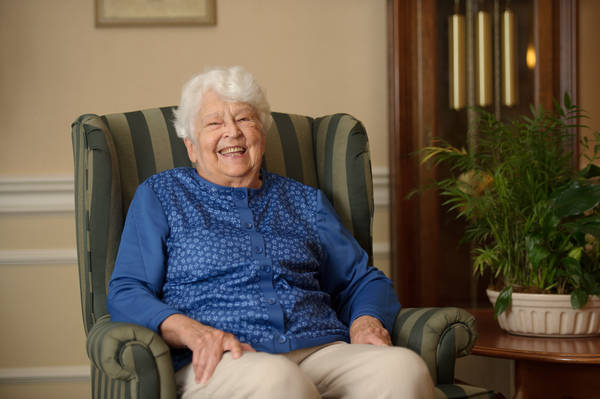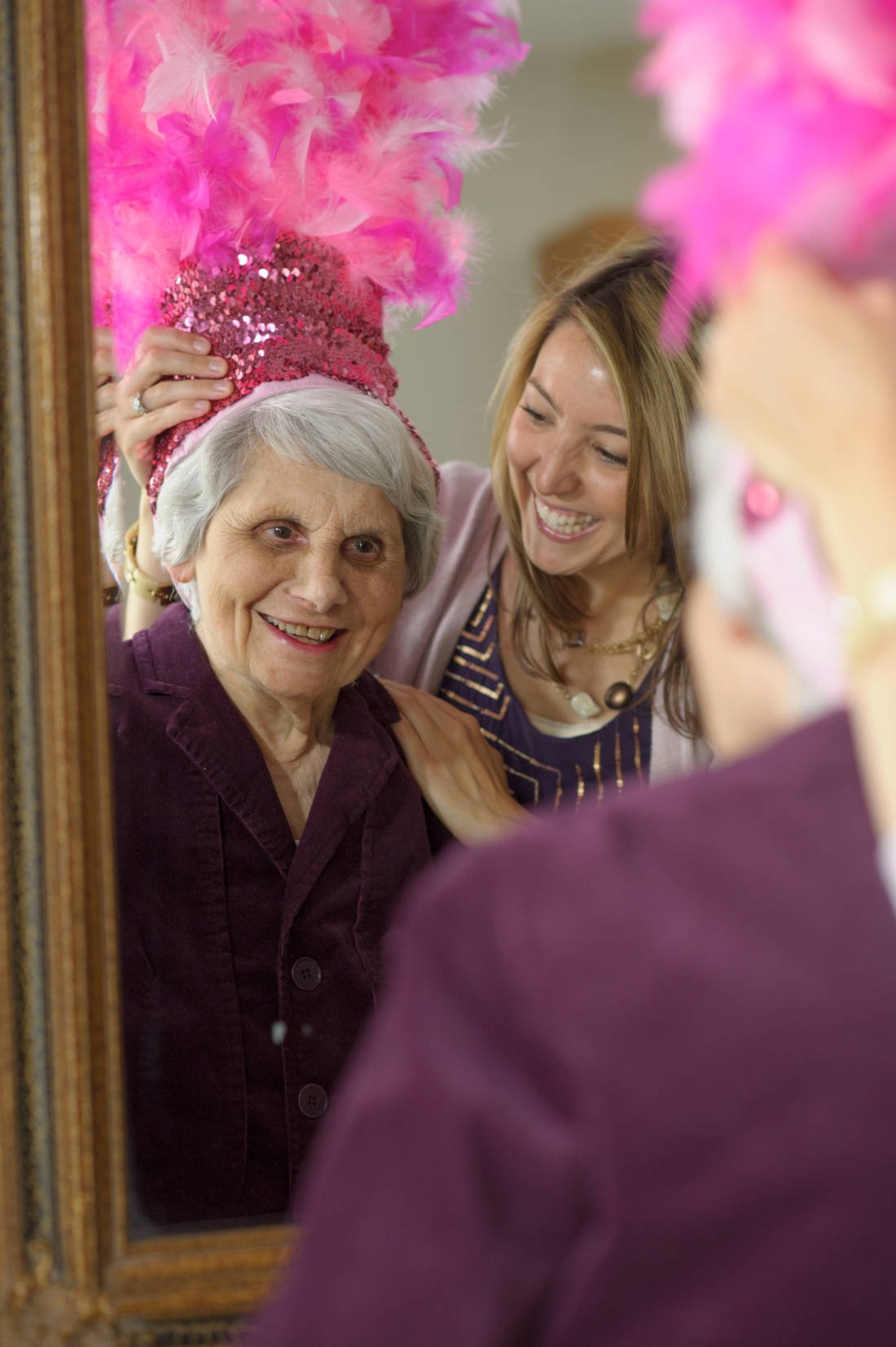3 Tips for Improving Your Aging Loved One's Balance
assisted living | Aging & Caregiving
 While children are fearless about falling, many adults struggle with balance issues as they age. Older adults, in particular, are often affected by compromised balance and as a result, falls are a leading cause of injuries for older Americans.
While children are fearless about falling, many adults struggle with balance issues as they age. Older adults, in particular, are often affected by compromised balance and as a result, falls are a leading cause of injuries for older Americans.
Follow these three simple tips to help your aging loved ones improve their balance and enjoy safer, healthier and happier lives.
1. Fitness Matters
While aging leads to a decrease in body strength and muscle tone, nearly any type of physical activity can help reverse this deterioration. When incorporated into a daily fitness routine, body weight exercises are particularly important. Valuable at any age, these exercises -- from weight shifts, to standing on one foot, to walking heel to toe -- improve balance and body control.
While you may need to begin with extra support, such as a wall or sturdy chair, exercises should be modified to increase the level of challenge as balance improves. The best part of body weight exercises? They can be done anywhere at any time.
2. Consider a Class
Many senior living communities and local recreation centers offer classes for seniors specifically designed to increase balance and build strength. These group sessions may include everything from body weight exercises to tools, such as yoga blocks and stability balls. Tai Chi is also a popular group fitness class for many seniors. Not only will your aging loved one benefit from the physical component of group fitness classes, he or she will also enjoy the opportunity to socialize.
3. Consult a Physician
While you should always consult with a primary care doctor before beginning any exercise regimen, it is important in general to communicate routinely with your health care practitioner. As balance issues are one of the most common concerns expressed by seniors, routine screenings can help identify any underlying medical conditions.
Dizziness, light headed or vertigo -- all indications of balance issues -- can be caused by anything from vision impairment to certain medications. Additionally, a number of different balance disorders, including BPPV (benign paroxysmal positional vertigo), labyrinthitis and Ménière's disease, are related to the inner ear. Furthermore, side effects from some drugs -- including both prescription and over-the-counter -- can lead to dizziness and reduced balance, so have your physician or pharmacist review your medications.
More than one-third of older adults fall every year according to the National Institutes of Health (NIH). Taking steps to improve balance not only prevents falls, but also leads to increased mobility, greater participation in daily activities, enhanced independence and better overall quality of life.
Key Takeaways:
Helping your aging loved ones improve their balance affects everything from mobility to self-confidence.
Begin by starting small and gradually modify exercises as strength and balance increase.
Be sure to consult with your primary health care provider before beginning any fitness routine to identify any related medical conditions.
About Marissa Salvesen
My journey into the world of senior living began when I started working for United Methodist Homes in 2010. Starting as an Activities Director at one of our award-winning assisted and independent living communities and then transitioning to Marketing and Promotions Manager for UMH, I now work as the Manager of Mission Development, fostering the Mission and Values of our organization. I love sharing stories about the many ways we build meaningful relationships and enrich the lives of those we serve, and am proud to be part of building UMH’s 140-year legacy of caring. Wondering what makes our communities such special places to live and work? Connect with me and find out!

Our Blog is a 2016 Platinum Generations Award Winner! The Generations Award is an annual international competition for excellence in senior marketing recognizing professionals who have communicated to the 50+ Mature Markets.




